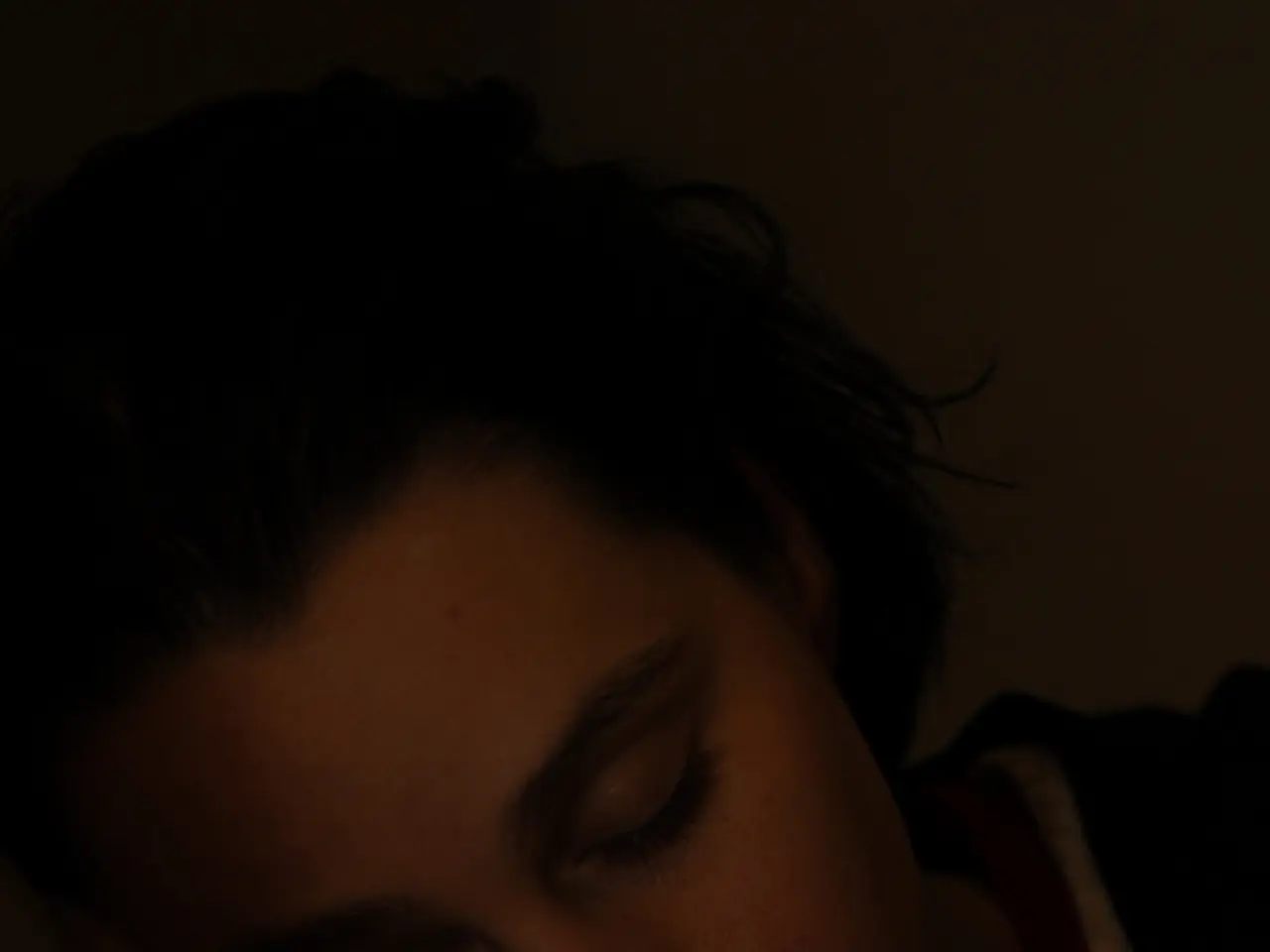Guide to Enhanced Health Through Quality Sleep: A Comprehensive Guide by Sleep Experts
Sleep disorders can significantly disrupt our lives, interfering with both the quantity and quality of our sleep. These disruptions can lead to serious conditions such as cardiovascular diseases, impaired cognitive function, and emotional challenges.
Thankfully, there are qualified professionals who specialize in diagnosing and treating sleep disorders. Known as sleep medicine specialists, these medical doctors have undergone specialized training to help you regain control over your sleep health.
If you're struggling with sleep problems, it's essential not to let them dictate your life. Seek professional guidance.
Otolaryngologists, for instance, address anatomical issues affecting sleep, including snoring and obstructive sleep apnea. On the other hand, sleep psychologists utilize cognitive behavioral therapy (CBT) to address issues like insomnia and poor sleep hygiene. For those with severe sleep disorders, sleep surgeons focus on surgical treatments.
Sleep apnea, a condition characterized by repeated interruptions in breathing during sleep, can manifest with symptoms like loud snoring, gasping for air, and daytime sleepiness. Narcolepsy, a neurological condition, disrupts the brain's ability to regulate sleep-wake cycles, leading to unexpected sleep attacks during the day.
Restless Legs Syndrome (RLS) causes an uncomfortable urge to move the legs, making sleep elusive and impacting overall well-being. Insomnia, a condition characterized by difficulty falling asleep or staying asleep, with symptoms including frequent awakenings and a persistent sense of fatigue upon waking, is another common sleep disorder.
When selecting a sleep specialist, consider factors such as their board-certification by the American Board of Sleep Medicine, qualifications, experience and expertise, patient reviews, and referrals.
Diagnostic tools like polysomnography, a common sleep study that involves spending the night in a sleep clinic where various sensors monitor sleep patterns, play a crucial role in assessing your condition. Home Sleep Tests are options for at-home testing that measure sleep variables without the need to stay overnight in a clinic.
By collaborating with qualified professionals like sleep medicine specialists, psychologists, and respiratory therapists, you can effectively diagnose and treat your sleep disorder, improving your overall health and well-being. Respiratory therapists, for instance, assist patients in adjusting to CPAP machines, ensuring that airways remain open during sleep.
Remember, sleep isn't merely an inconvenience; it's a fundamental component of our overall health. Don't let sleep problems dictate your life. Seek professional guidance and take control of your sleep health today.
Read also:
- Nightly sweat episodes linked to GERD: Crucial insights explained
- Antitussives: List of Examples, Functions, Adverse Reactions, and Additional Details
- Asthma Diagnosis: Exploring FeNO Tests and Related Treatments
- Unfortunate Financial Disarray for a Family from California After an Expensive Emergency Room Visit with Their Burned Infant








